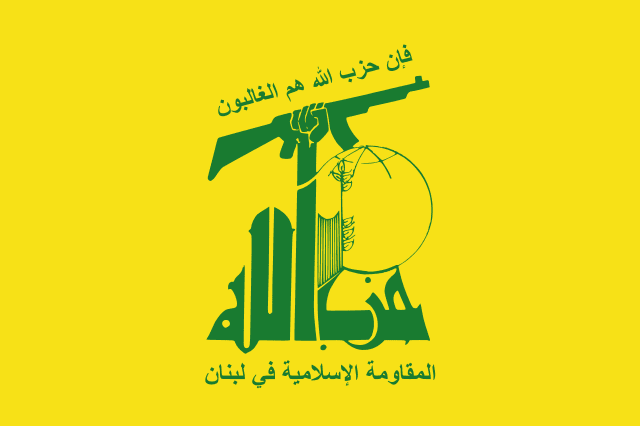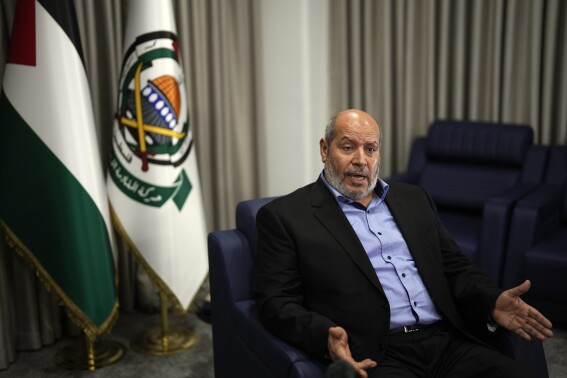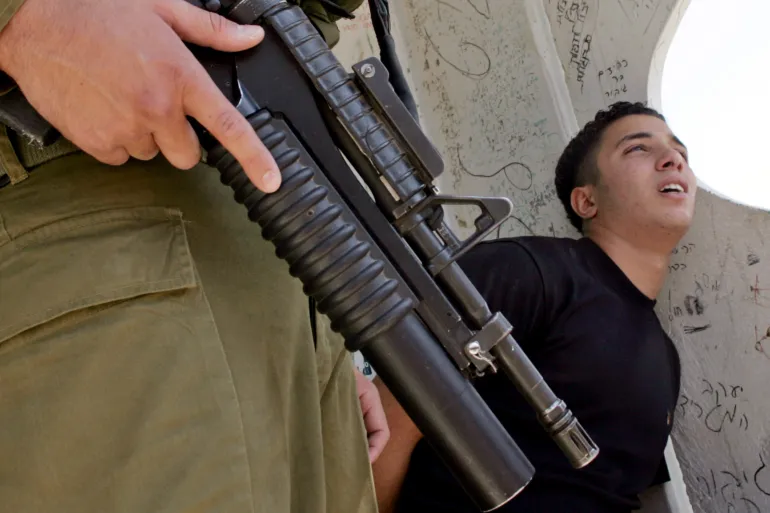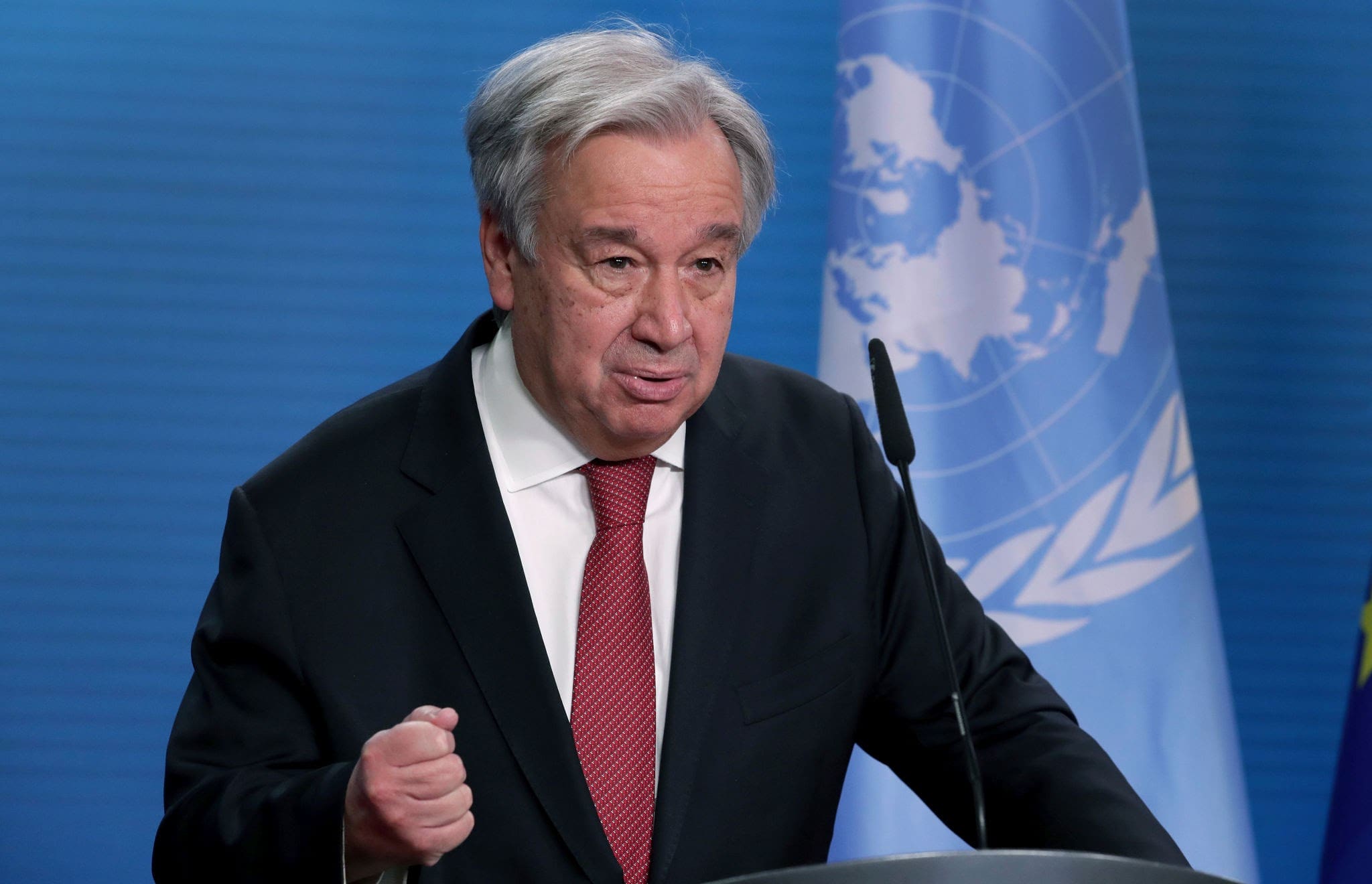In July of 2006, Hezbollah showered Israel with rockets and mortars. This rocket fire sparked a month-long war. In an effort to end the conflict, the UN Security Council passed Resolution 1701, calling on Hezbollah and Israel to end the hostilities in southern Lebanon, but this just hasn’t been the case. Since the enactment of the resolution, Hezbollah has continuously violated it in five key ways:
- The resolution says that no armed personnel other than that of the Lebanese government and UNIFIL, such as Hezbollah fighters, can be in southern Lebanon. Hezbollah militants have repeatedly entered this area and have even provoked UN officials. But this is just their warm-up. In 2015, Hezbollah militants shot an anti-tank missile at an IDF patrol vehicle. Two IDF soldiers were killed, and seven more were injured in the attack.
- The Lebanese government and the UN are the only official bodies that can own or buy weapons in Lebanon. But Hezbollah has spent years collecting 120,000 missiles, advanced drones, and anti-ship and anti-aircraft missiles. That’s a lot of illegal weapons.
- Foreign forces aren’t allowed to operate in Lebanon without permission from the government. That really hasn’t stopped Hezbollah. Iran’s Revolutionary Guard pretty much controls Hezbollah, influencing everything from its finances to its combatant training.
- Hezbollah continues to violate the resolution through its weapon smuggling. The terrorist organization transports Iranian weapons through Syria into Lebanon.
- Most importantly, the resolution expresses concern about civilian safety. Meanwhile, Hezbollah uses civilian buildings like schools, houses, and mosques for terror activity, putting innocent lives in danger.
Hezbollah unapologetically continues to violate UN Resolution 1701 and breach international law.
Hezbollah
Hezbollah, established in 1982, has grown from a small militia to a formidable political-military entity in the Middle East. Under the leadership of Hassan Nasrallah, Hezbollah has become a significant regional actor, particularly in Lebanon, where its military, political, and ideological activities have profound implications for regional security, especially concerning its tension with Israel.
Ideology
Hezbollah’s ideology is rooted in Shiite radicalism, with key objectives including the establishment of an Islamic Republic in Lebanon, the elimination of Israel through armed struggle, and resistance against American hegemony and capitalist forces. These goals are detailed in Hezbollah’s manifestos from 1985 and 2009.
Order of Battle
Hezbollah commands approximately 50,000 to 100,000 fighters, including 20,000 active duty troops and 25,000 reservists. The elite Radwan Unit, comprising thousands of operatives, plays a crucial role in the group’s strategic operations, including incursions into Israeli territory.
Official Flag







